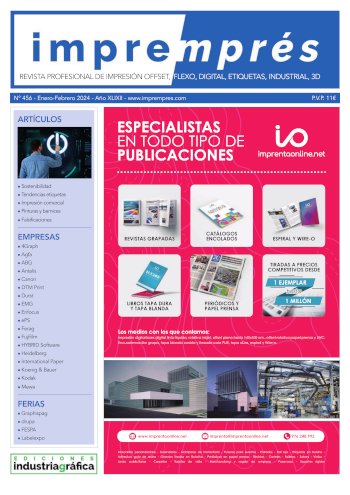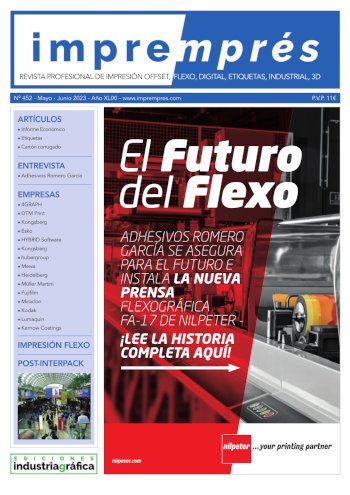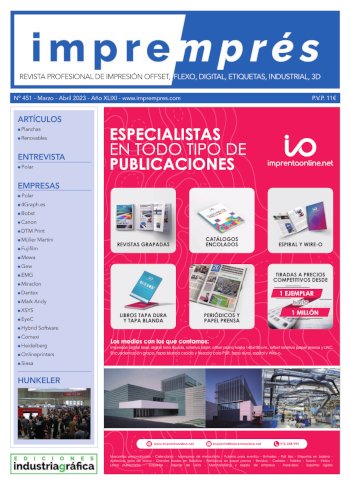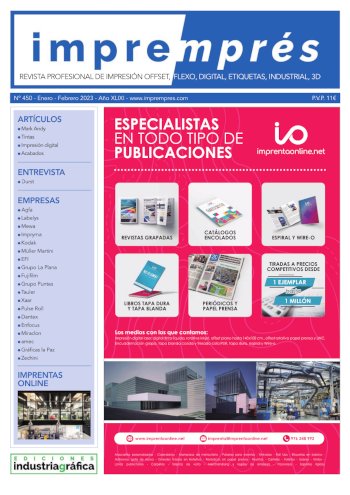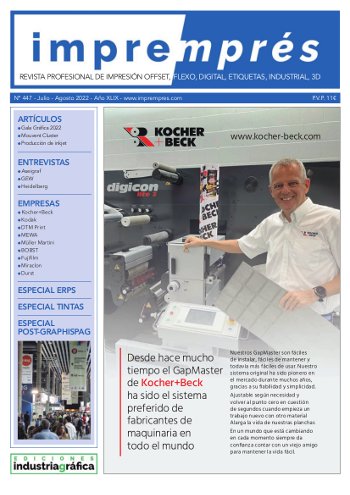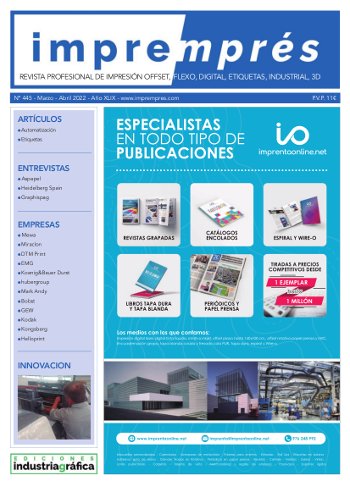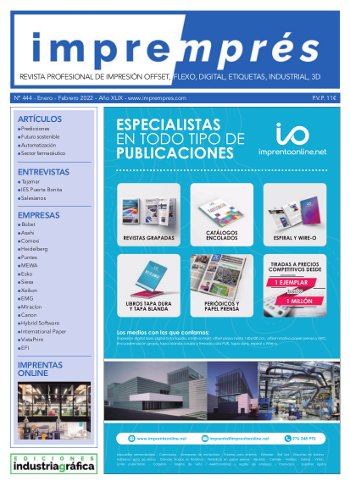Reducing the use of paper use may increase the UK Government’s carbon footprint – and reduce security
- Publicado el 25 de Enero de 2017
In an open letter to the Rt Hon Mrs Andrea Leadsom, UK Government Secretary of State for Environment, Food and Rural Affairs, (Defra), Two Sides, a global organisation which promotes the attractiveness and sustainability of print and paper, challenges the government to explain how its planned paper reduction program will assist carbon reduction targets. In its recently published “Greening Government Commitments 2016-2020” Defra reveals a commitment to reducing paper consumption by 50%. However, this report does not consider what communications medium will replace this reduced paper use or that alternatives, most likely digital, will themselves have substantial environmental impacts.
Martyn Eustace, Director of Two Sides, comments, “Two Sides promotes the attractiveness and sustainability of print and paper as an environmentally friendly communications medium. We work closely with major organisations across Europe and further afield to ensure that paper reduction initiatives are not made on the basis of spurious environmental claims. Defra’s own code of conduct states: “A green claim should be truthful, accurate and able to be substantiated”. Therefore, in order to claim that a reduction of paper use by 50% would assist the government to reduce its carbon impact, there needs to be a clear life cycle analysis behind the claim. This must also include the impact of the associated increase in electronic communications which would presumably arise.”
“Alternative electronic communications are not environmentally ‘free of charge’”, says Eustace, “businesses and individuals are now dependent on large servers and ‘cloud’ services. Mega datacentres store almost everything we do online; including our web searches, our social media posts and our online statements. Based on the estimates contained in the SMARTer 2020 analysis, the aggregate electricity demand of the Cloud, (including data centres and networks, but not devices), in 2011 was 684 billion kWh. If compared with the electricity demand of countries in the same year, the Cloud would rank 6th in the world, with demand expected to increase 63% by 2020.

“The environmental impact of our ever-increasing digital world cannot be ignored. The ICT industry accounts for approximately 2% of global emissions, on par with the emissions from the global aviation sector. Each year, the electronic industry – one of the world’s largest and fastest growing – generates up to 41 million tonnes of e-waste from goods such as computers and smart phones.
“So, when considering carbon reduction, just consider that paper is a renewable and recyclable product that, if responsibly produced and consumed, is an environmentally sustainable media. In Europe, where 93% of the UK’s paper comes from, recycling rates are 72% and forests have grown by an area the size of Switzerland in the past 10 years. That’s about 1,500 football pitches every day!
“Sustainably managed and growing forests are essential to ensure the availability of paper and many other products and are fundamental to global carbon capture. "It must surely also be a consideration that in a world where data leaks and hacking of digital information is becoming commonplace, the Government should be particularly careful to recognise that paper records and communications can often offer a greater level of security.
“Whilst we clearly see the efficiency of electronic communications and encourage the reduction of unnecessary waste, the potential damage to the print and paper industry, by suggesting that print media is environmentally unfriendly, requires our strongest response. “The paper and print industry account for 122,000 jobs and £13.5 billion in value to the UK economy. Making false environmental statements threatens jobs and the economy.”


